Mathematics
Mathematics books explore various mathematical concepts, theories, and applications, often using formulas, equations, and problem-solving techniques to explain complex ideas.
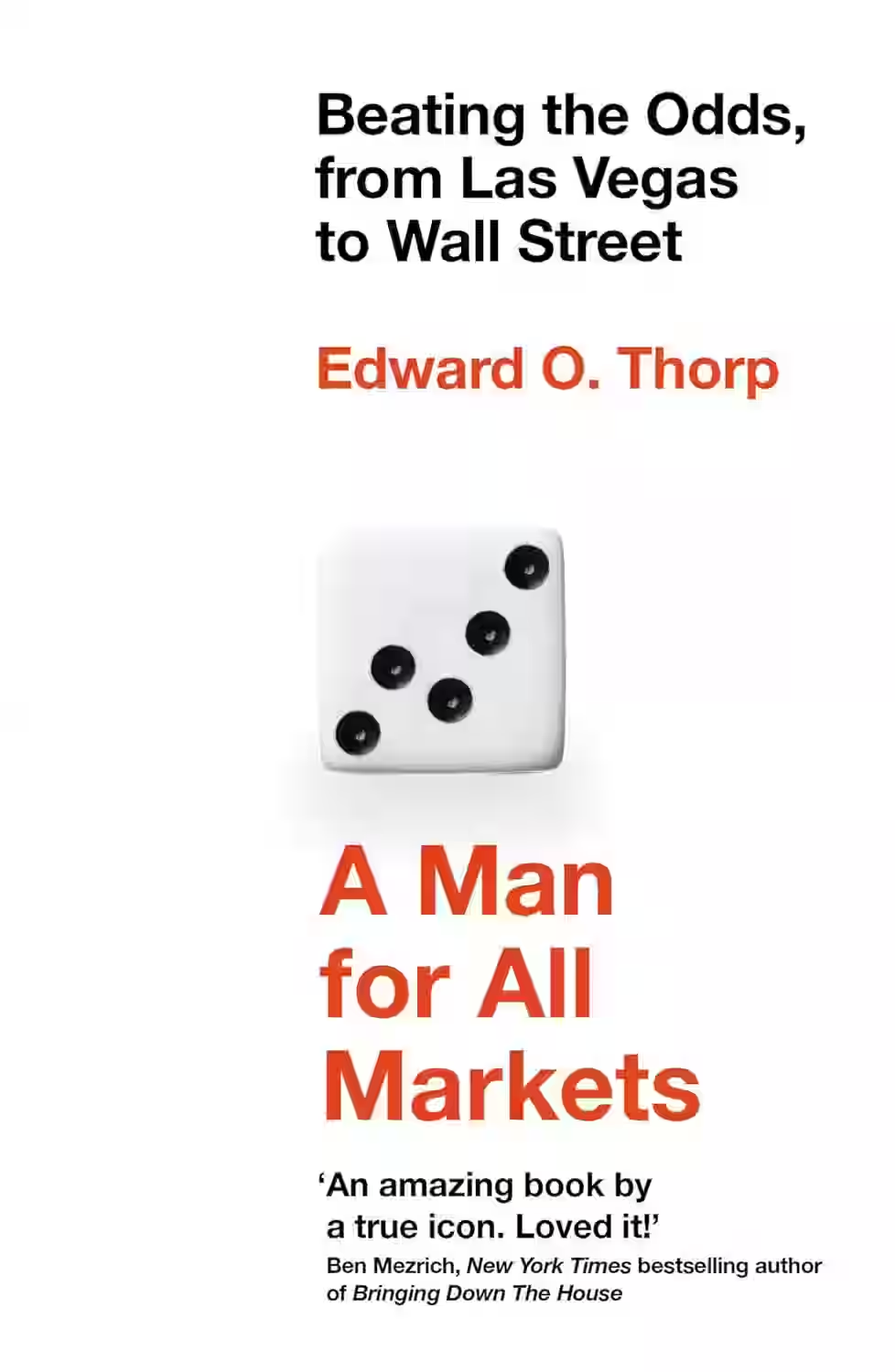
A Man for All Markets: From Las Vegas to Wall Street, How I Beat the Dealer and the Market
In 'A Man for All Markets', Edward O. Thorp takes readers on a captivating journey through his life as a successful mathematician and investor. Thorp shares his remarkable story of beating the odds in both Las Vegas casinos and Wall Street through his innovative strategies and analytical prowess. From his groundbreaking work in card counting to his pioneering approach to investment management, Thorp offers valuable insights into risk management and decision-making. This book seamlessly blends personal anecdotes with practical advice, making it a must-read for anyone interested in finance, mathematics, or simply an incredible true story of triumph over adversity.
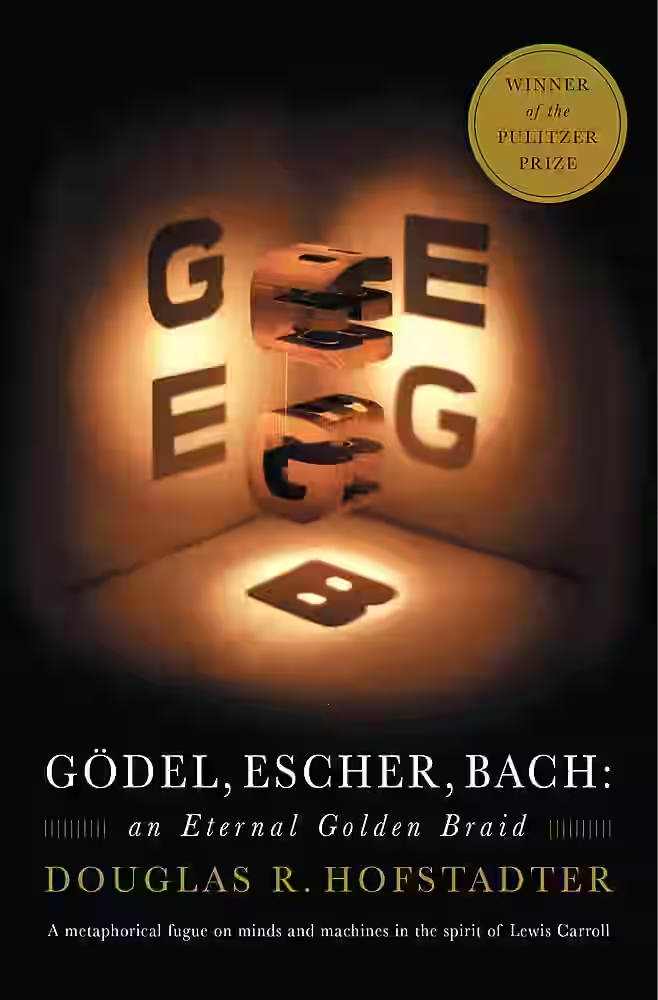
Godel, Escher, Bach: An Eternal Golden Braid
In 'Godel, Escher, Bach: An Eternal Golden Braid', Douglas Hofstadter weaves together the enigmatic works of mathematician Kurt Godel, artist M.C. Escher, and composer Johann Sebastian Bach to explore the interconnectedness of logic, art, and music. Through a series of engaging dialogues, thought experiments, and puzzles, Hofstadter delves into complex concepts such as recursion, self-reference, and consciousness, challenging readers to ponder the nature of intelligence and creativity. This Pulitzer Prize-winning book is a masterful blend of philosophy, mathematics, and art that invites readers on a mind-bending journey through the mysteries of human cognition and the limits of formal systems.
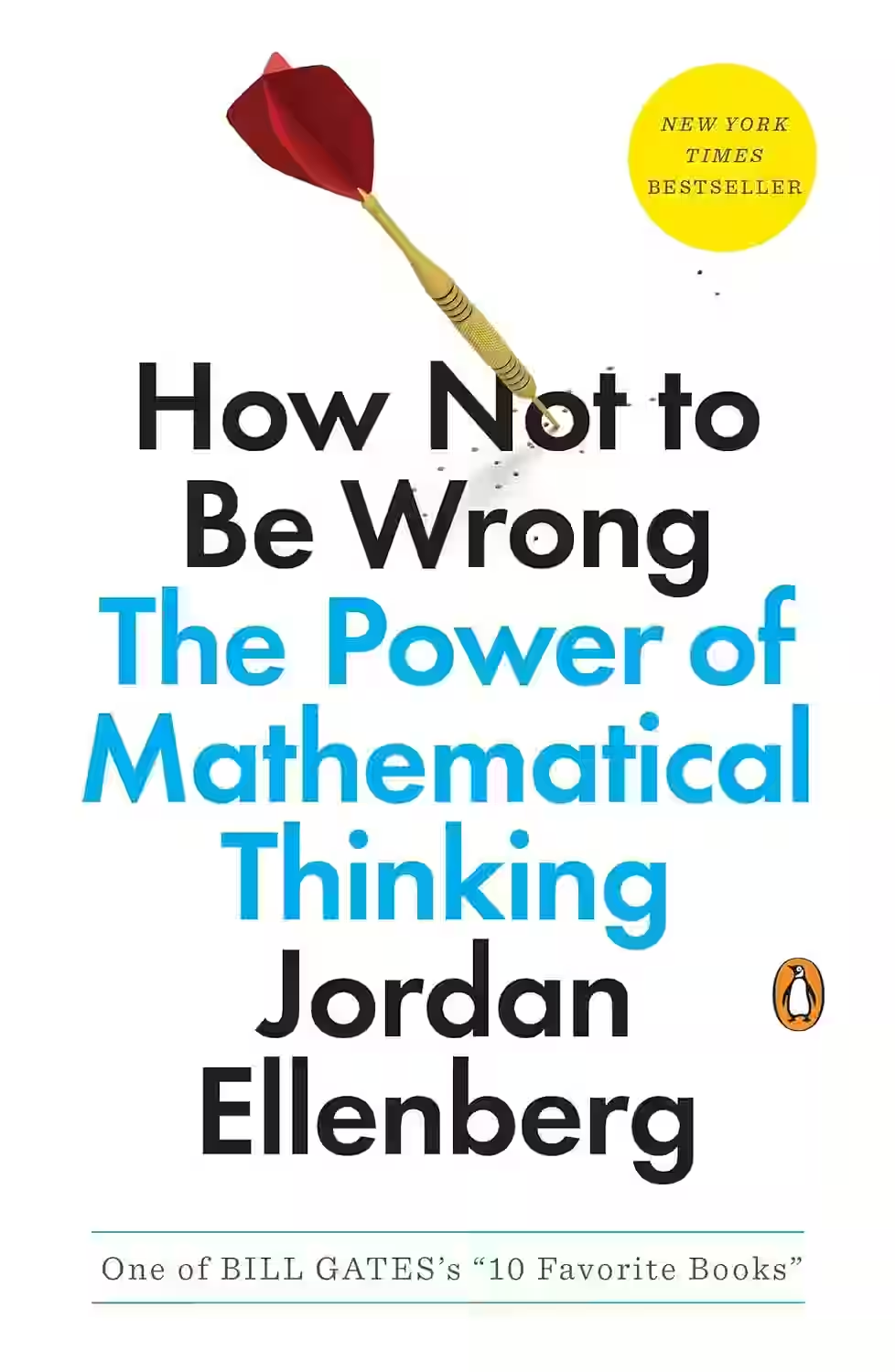
How Not to Be Wrong: The Power of Mathematical Thinking
In 'How Not to Be Wrong: The Power of Mathematical Thinking' by Jordan Ellenberg, readers are taken on a captivating journey through the world of mathematics and its practical applications in everyday life. Ellenberg masterfully explores how mathematical reasoning can be utilized to make better decisions, solve complex problems, and navigate a data-driven world with confidence. Through engaging anecdotes and clear explanations, he demystifies mathematical concepts like statistics and probability, showing readers that math is not just about numbers but about critical thinking and problem-solving. This insightful and thought-provoking book challenges readers to embrace the power of mathematical thinking in all aspects of their lives.
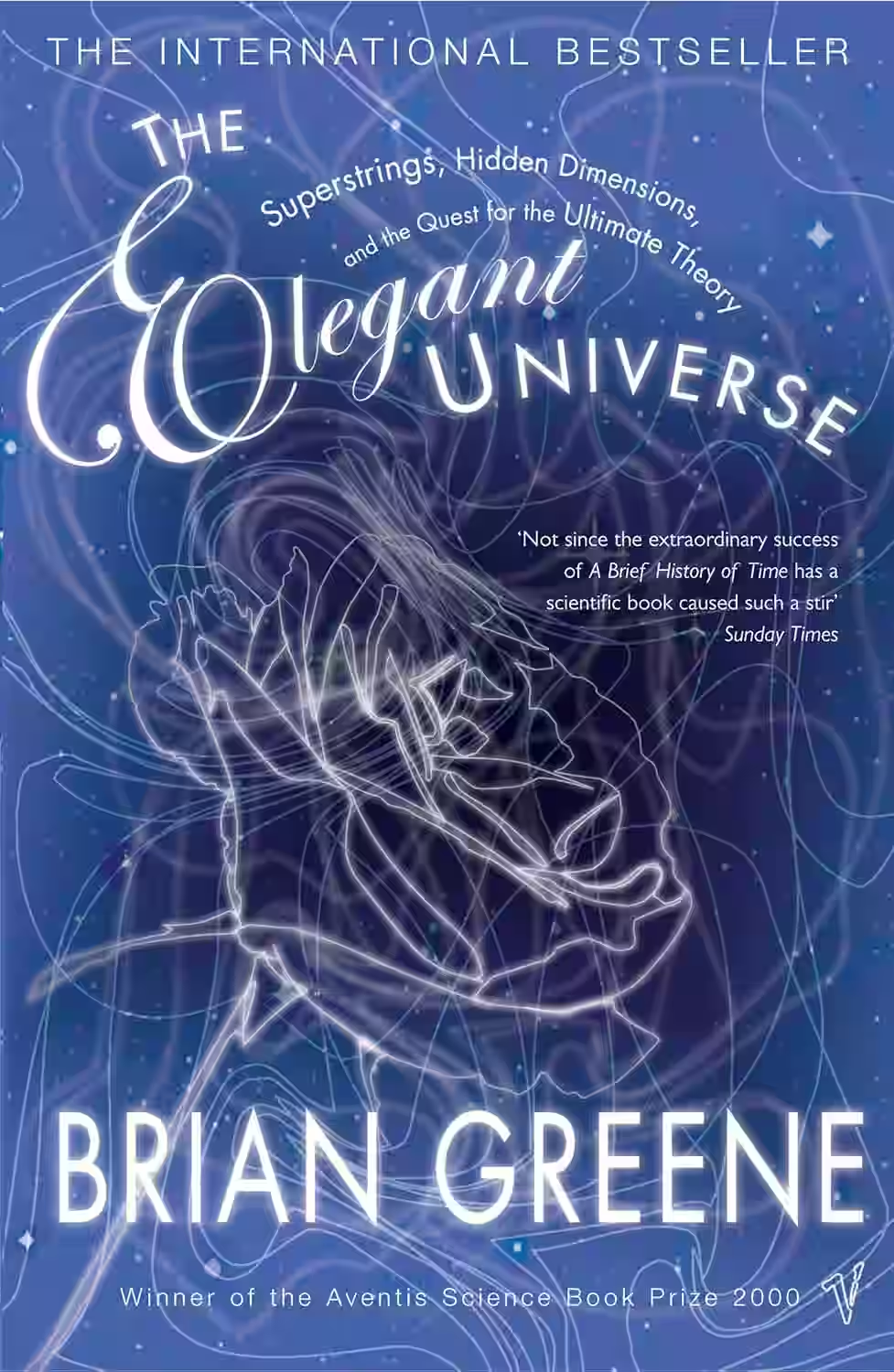
The Elegant Universe
by Brian Greene
In 'The Elegant Universe' by Brian Greene, readers are taken on a captivating journey through the complex realms of physics and string theory. Greene masterfully weaves together theoretical physics and practical explanations, making profound concepts accessible to a wide audience. Through discussions on general relativity, quantum mechanics, and the search for a unified theory of everything, Greene explores the fundamental nature of reality and the intricate fabric of the universe. The book delves into the minuscule world of strings and extra dimensions, offering a thought-provoking exploration of the cosmos. 'The Elegant Universe' is a mind-expanding read that challenges perceptions and ignites curiosity about the mysteries of the universe.
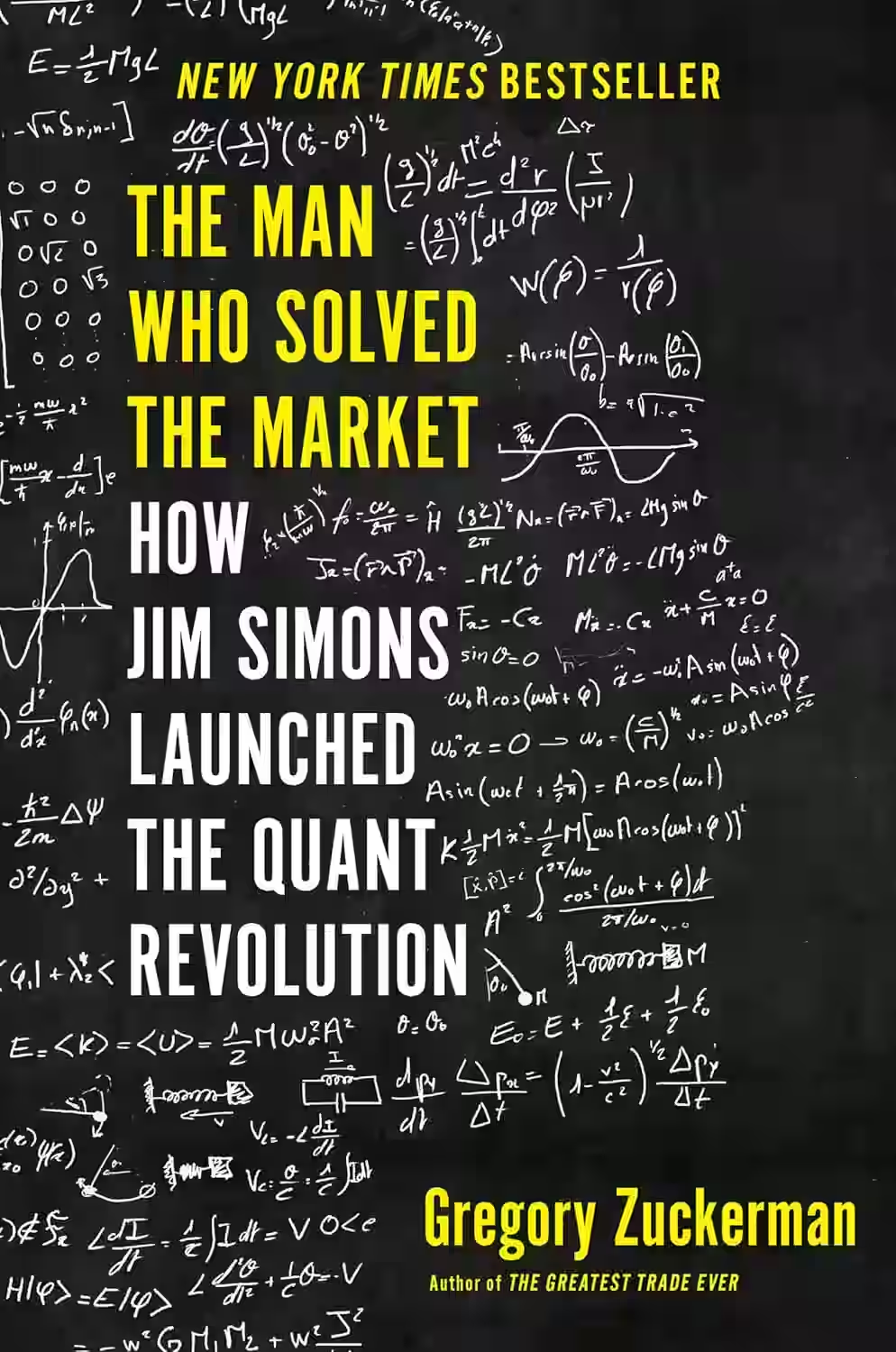
The Man Who Solved the Market: How Jim Simons Launched the Quant Revolution
In 'The Man Who Solved the Market', Gregory Zuckerman delves into the fascinating world of finance and mathematics through the lens of legendary investor Jim Simons. The book offers readers a detailed exploration of how Simons revolutionized investing through quantitative strategies at his firm, Renaissance Technologies. Zuckerman delves into Simons' life story, the challenges he faced, and the groundbreaking techniques he employed to outsmart Wall Street. Through meticulous research and compelling storytelling, Zuckerman provides keen insights into the complexities of financial markets and the brilliance of Simons' approach. This book is a must-read for anyone intrigued by the intersection of math and money.